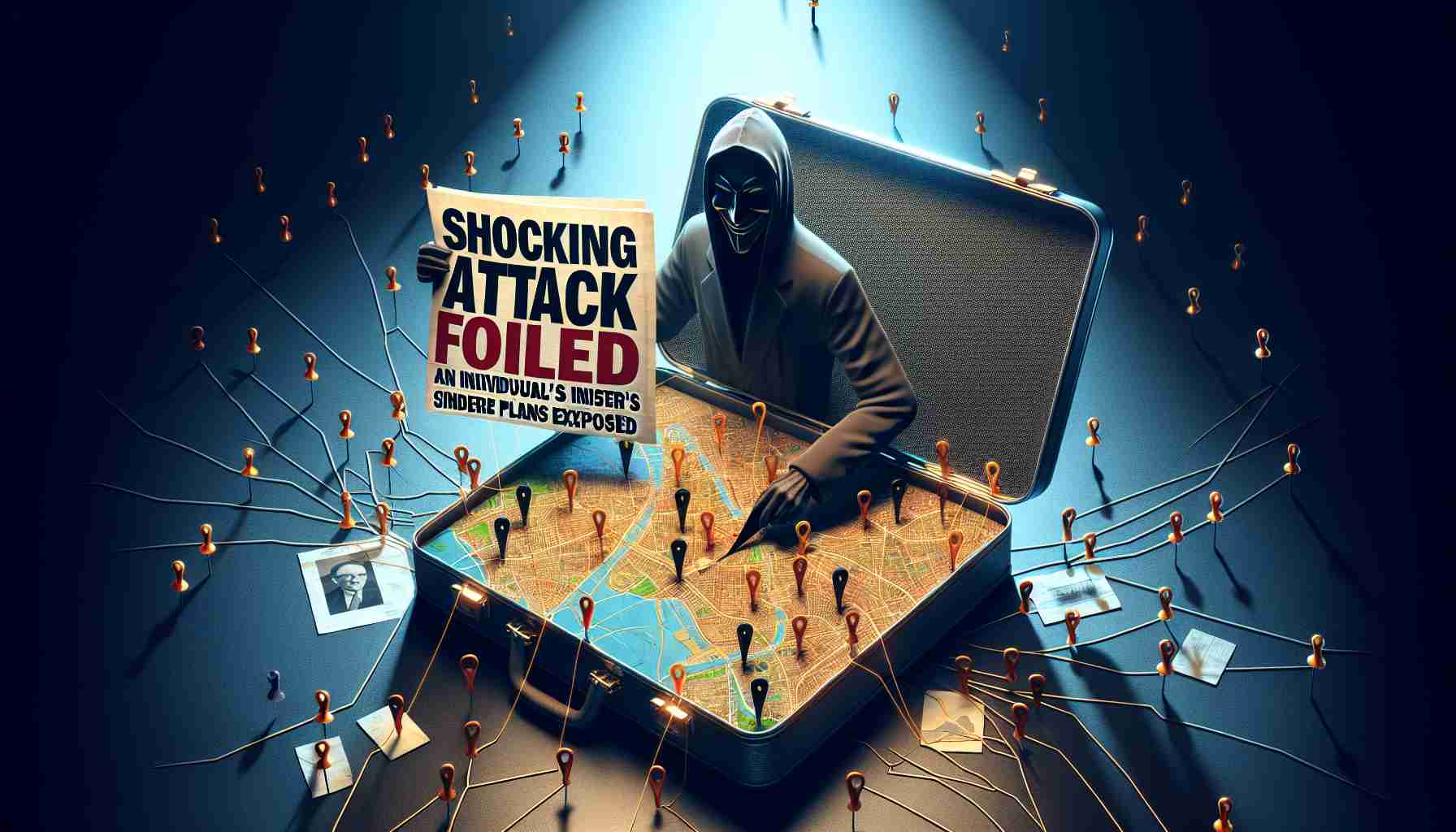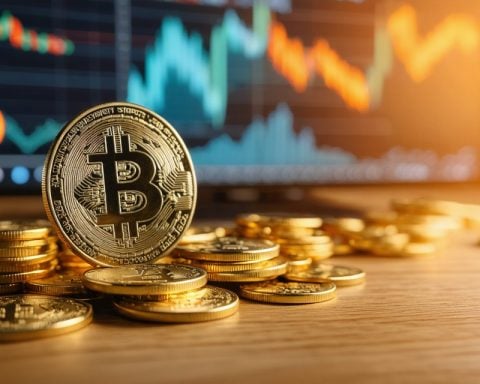A startling plot to destabilize the U.S. government has been uncovered involving a Florida man, who intended to target a prominent financial institution in New York City.
On Wednesday, authorities took Harun Abdul-Malik Yener, a 30-year-old resident of Coral Springs, into custody. He is facing serious charges of attempting to deploy an explosive device in a public area, with investigators detailing his aspirations to disrupt national operations dramatically.
Yener’s criminal activities began catching the attention of the FBI in February, when concerns were raised about suspicious materials stored in a unit he rented. Agents discovered an array of bomb-making materials, including intricate schematics, timers, and electronic components meant for creating explosives. In addition to this, he had been engaging in online searches related to explosive creation since 2017.
According to the authorities, Yener believed targeting the New York Stock Exchange just before Thanksgiving would make a powerful statement, intending to cause significant destruction. He speculated that such a drastic action would be akin to a nuclear explosion, claiming it would send a strong message to the public.
Yener was apprehended during his initial court hearing and will remain in custody as he awaits trial for his alarming intentions. He has a troubling history, previously threatened violence in a workplace setting and attempted to align himself with extremist groups, revealing a dangerous mindset that escalated in severity.
Understanding Stability and Safety: Tips, Life Hacks, and Important Facts
In light of recent events related to plots that seek to destabilize societal norms, it is crucial to equip ourselves with knowledge and practical strategies to ensure personal and community safety. Here are some tips, life hacks, and interesting facts that can help navigate these complex times.
1. Stay Informed
Knowledge is power. Regularly update yourself on local and national news from reliable sources. Understanding potential threats allows you to take appropriate actions. For comprehensive coverage, visit NBC News.
2. Create a Safety Plan
Consider developing a personal or family safety plan. This plan should include emergency contacts, meeting points, and necessary supplies. Practicing drills can also prepare you for unexpected events.
3. Trust Your Instincts
If something feels off, don’t hesitate to report it to authorities. Whether it’s a suspicious package or unusual behavior, early reports can help prevent dangerous situations.
4. Utilize Technology
Consider installing safety apps that can alert authorities or designated contacts with the push of a button. Additionally, many local law enforcement agencies have free apps that provide alerts and communication.
5. Engage in Community Watch Programs
Joining or forming a neighborhood watch can create a safer environment. These programs empower residents to look out for each other and share information regarding safety.
6. Analyze Your Environment
Be aware of your surroundings at all times. Analyzing your environment can help identify potential risks and escape routes in case of emergencies.
7. Learn Basic Self-Defense
Taking a self-defense class not only empowers you physically but also builds confidence. Online platforms and local community centers often offer accessible courses.
8. First Aid Knowledge is Key
Having first aid skills can be invaluable in emergencies. Consider taking a First Aid and CPR class to better equip yourself to handle health-related incidents in unpredictable situations.
9. Stress Management Techniques
High-stress situations can arise, and managing your response is important. Techniques such as meditation, deep breathing, and exercise can help maintain calmness and clarity.
10. Know Your Rights
Familiarize yourself with your legal rights regarding safety and privacy. This knowledge can assist you in advocating for yourself in various situations.
Interesting Fact: Did you know that communities with active engagement in safety practices tend to experience lower crime rates? This correlation highlights the significance of being proactive and connected to one another.
In conclusion, while the world can be unpredictable, being proactive and informed can enhance personal and community safety. Stay vigilant, prepared, and connected. For more information on community safety, relevant updates, and resources, visit CDC.


















